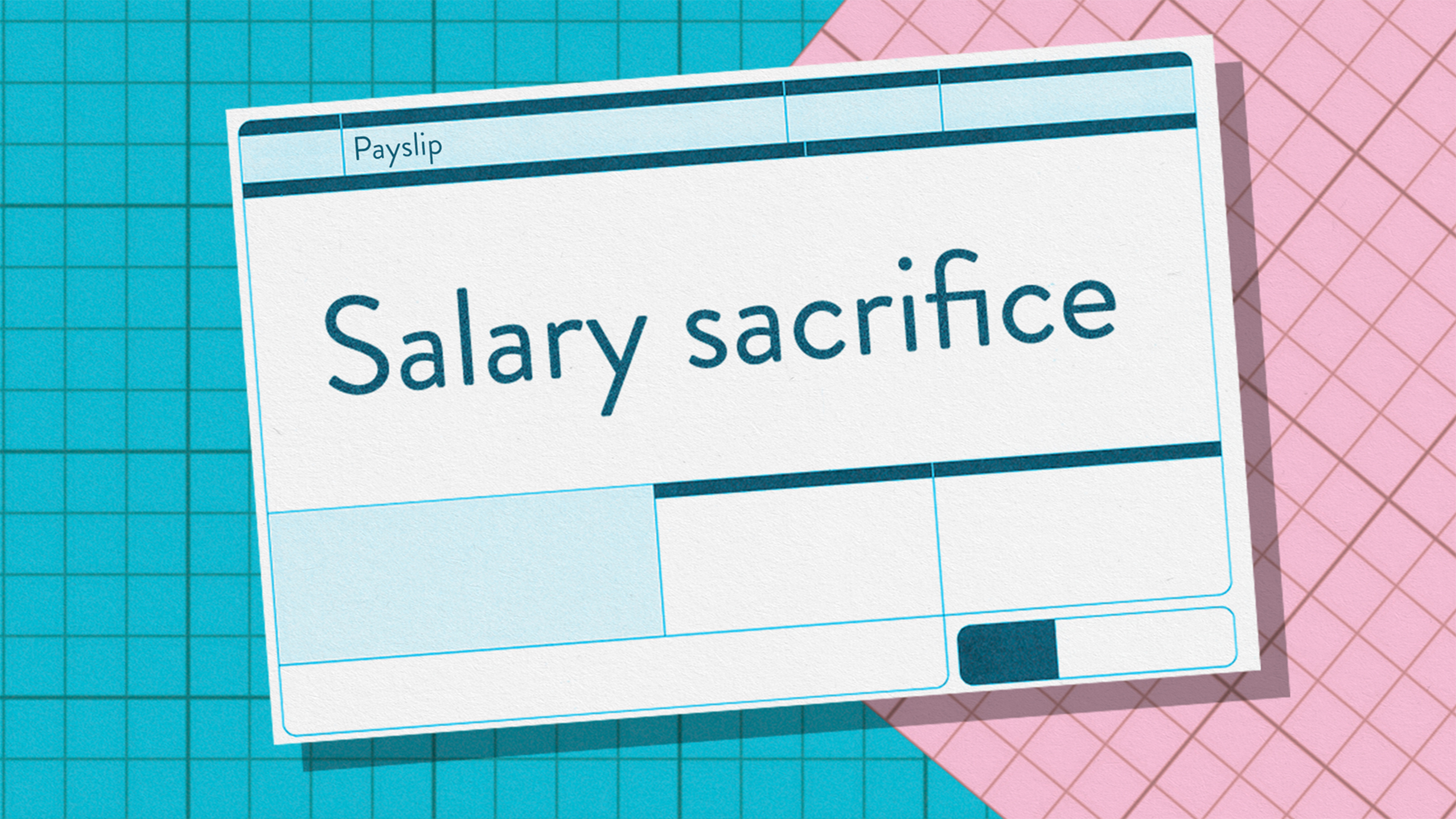The beginning of a new financial year is a good time to start a salary sacrifice plan. It provides the opportunity to get on track to a wealthier retirement by maximising super contributions and saving tax, over a full financial year.
Salary sacrifice means giving up part of one’s income in favour of an extra super contribution. The maximum allowed each year for tax-deductible super contributions is $30,000. That includes employer Super Guarantee amounts, voluntary salary sacrifice, and deductible lump sum contributions.
The maximum salary sacrifice will be $30,000 minus employer contributions. For example if employer amounts at 12 per cent of salary will be $10,000 the maximum salary sacrifice is $20,000. Divide that by the number of paydays this year. That is the sacrifice amount to aim for.
Young people are far from retirement and have other priorities. However sacrificing a small amount now will make a huge difference at retirement due to compounding interest long term. It may just be $50 or $100 each payday.
Contributions are usually inaccessible until retirement though voluntary amounts can be taken back out to buy a first home under the First Home Super Saver Scheme.
People in their forties and fifties have often had promotions and pay rises, and their mortgage is coming down. Retirement is no longer so distant. They should be able to sacrifice a larger amount of salary into super.
When the day comes that the mortgage is paid off, suddenly there is much more free cashflow. That’s the ideal time to aim for the maximum salary sacrifice, especially if retirement isn’t far away.
People whose super balance was under $500,000 at the previous June 30 can catch up contributions they missed over the last five years. The earliest year’s missed entitlement drops off first if not used. So it makes sense to try to contribute up to the annual limit plus that amount at least.
Those a few years from retirement who still have a mortgage may be best to salary sacrifice heavily and retain their mortgage until they retire. Then they can draw from super to pay out the mortgage.
Pre-tax pay of $100 can become either $85 in a super account or $68 cash in hand after tax for most people. The $85 in super should earn 7 per cent per annum while the $68 of unpaid loan costs around 6 per cent interest.
People who have doubts about super should discuss them with a professional adviser. The tax is low, and zero once retired. As their balances build up people should have their fund reviewed to see it is invested to suit their needs. The default options may not be best.

